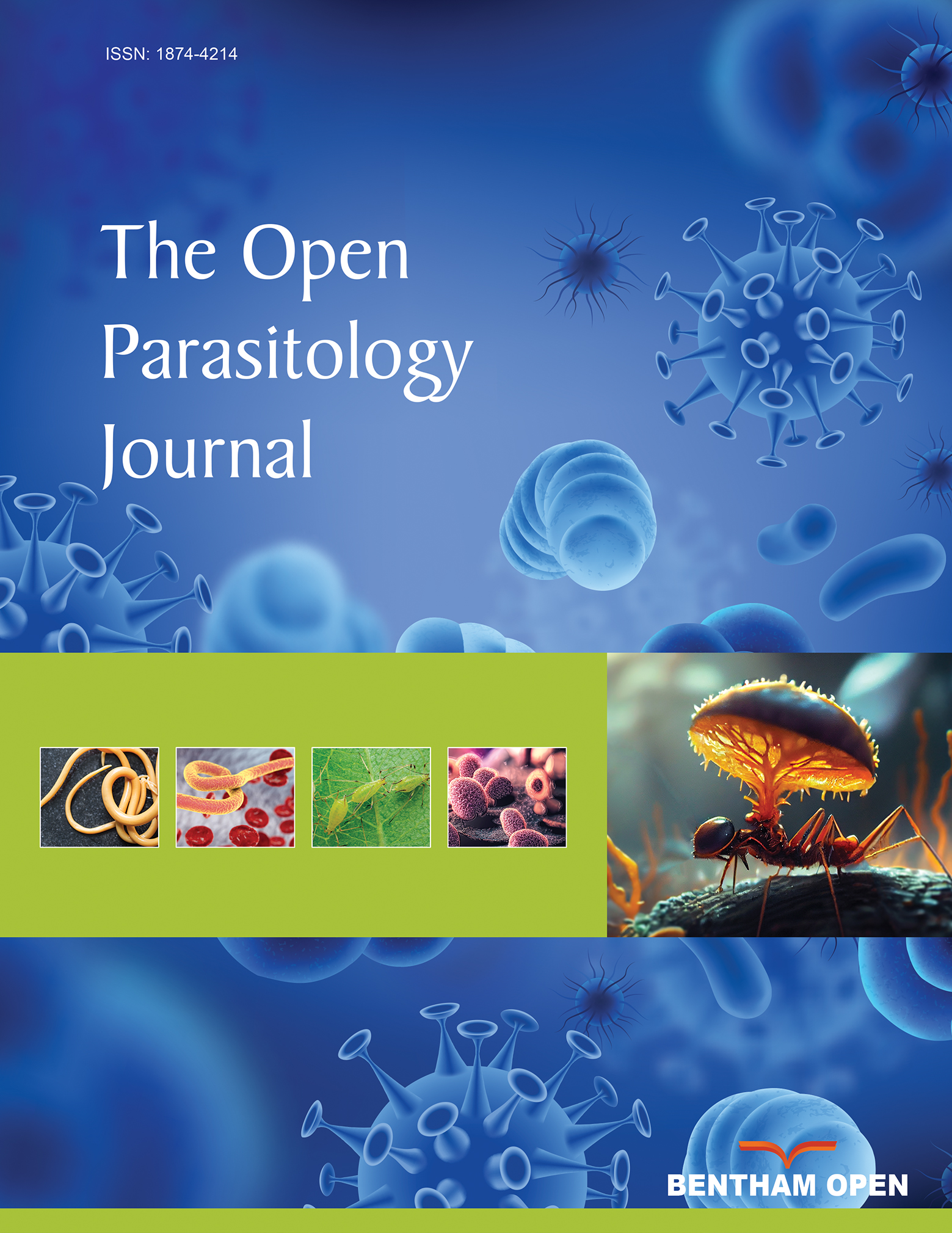All published articles of this journal are available on ScienceDirect.
Desynchronizing Plasmodium Cell Cycle Increases Chloroquine Protection at Suboptimal Doses
Abstract
We have previously shown that in vivo and in vitro the hormone melatonin is responsible for the synchronous development of Plasmodia. Melatonin can also mobilize calcium from internal stores in these parasites and this response is abolished by luzindole, a melatonin antagonist. We here demonstrate that in vivo alteration of parasite synchronous development, using luzindole, partially improves survival of infected mice and dramatically increases the antimalarial activity of chloroquine. The data presented may lead to a conceptually new paradigm for malaria infection therapy and provide novel evidence suggesting that the malaria parasite uses the cell cycle synchrony as one of the strategies to evade the host immune system.


